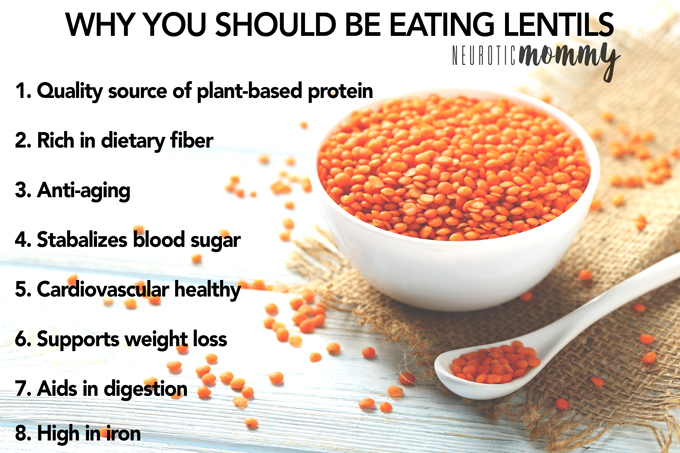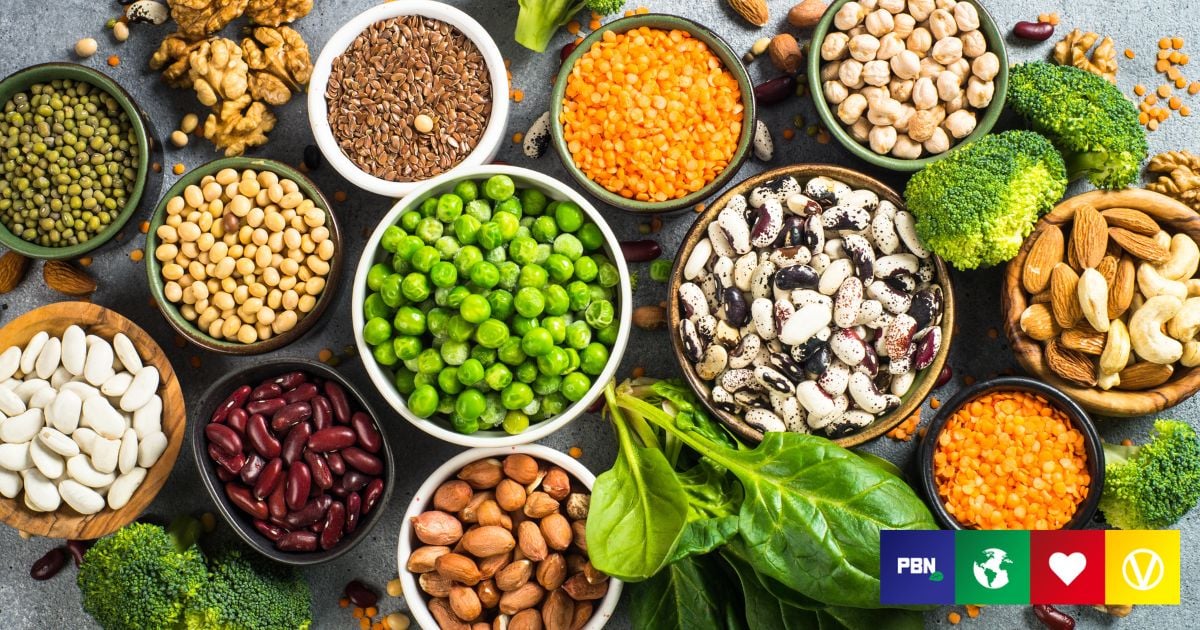Benefits of Incorporating Plant-Based Proteins in the Diet
Plant-based proteins offer numerous advantages for individuals following a vegetarian diet. By incorporating these protein sources into your meals, you can enjoy a variety of benefits:
- Rich in Nutrients: Plant-based proteins are packed with essential vitamins, minerals, and antioxidants, promoting overall health.
- Heart Health: They are low in saturated fats, reducing the risk of heart diseases and improving cardiovascular health.
- Weight Management: Plant proteins are often lower in calories and can aid in weight loss or maintenance.
- Digestive Health: They are high in fiber, promoting digestive regularity and supporting gut health.
Incorporating plant-based proteins can lead to a balanced and nutritious diet, enhancing your overall well-being.
Effects of Plant-Based Proteins on Overall Health
Transitioning to a diet rich in plant-based proteins can have significant positive effects on your overall health. Here are some key benefits to consider:
- Improved Longevity: Studies suggest that plant-based diets are associated with a lower risk of chronic diseases and increased lifespan.
- Reduced Inflammation: Plant proteins possess anti-inflammatory properties, which can help alleviate inflammation in the body.
- Enhanced Energy Levels: The nutrients in plant-based proteins can boost energy levels and support optimal bodily functions.
- Lower Risk of Cancer: Some plant proteins contain phytonutrients that may help reduce the risk of certain types of cancer.
By incorporating plant-based proteins into your diet, you can experience a range of health benefits that contribute to your overall well-being and vitality.
Lentils

Nutritional Benefits of Lentils
Lentils are a powerhouse of nutrition and a fantastic source of plant-based protein. Incorporating lentils into your diet can provide a plethora of health benefits:
- Protein and Fiber: Lentils are rich in both protein and fiber, making them a satisfying and heart-healthy choice.
- Vitamins and Minerals: They are packed with essential nutrients like iron, folate, and potassium, supporting overall health.
- Low in Fat: Lentils are naturally low in fat, making them a great option for those looking to manage their weight.
- Blood Sugar Regulation: The high fiber content in lentils helps stabilize blood sugar levels, making them ideal for diabetics.
Adding lentils to your meals not only boosts your protein intake but also provides a range of nutrients that contribute to your well-being.

Ways to Incorporate Lentils into a Vegetarian Diet
Lentils are versatile and easy to incorporate into a vegetarian diet, adding a nutritious boost to your meals. Here are some creative ways to enjoy lentils:
- Lentil Soups: Whip up hearty lentil soups with vegetables and herbs for a comforting meal.
- Lentil Salads: Toss cooked lentils with fresh greens, vegetables, and a zesty dressing for a nutritious and satisfying salad.
- Lentil Tacos: Use seasoned lentils as a delicious filling for vegetarian tacos, topped with avocado and salsa.
- Lentil Curry: Make a flavorful lentil curry with aromatic spices and coconut milk for a warming and aromatic dish.
Experimenting with lentils in various recipes can add depth and flavor to your vegetarian meals while reaping the nutritional benefits they offer.
Quinoa

Health Benefits of Quinoa as a Plant-Based Protein
Quinoa is a complete protein and a nutrient-rich grain that offers numerous health benefits when incorporated into a plant-based diet:
- Complete Protein: Quinoa contains all nine essential amino acids, making it an excellent source of complete protein for vegetarians.
- Rich in Fiber: High fiber content in quinoa supports digestive health, promotes satiety, and helps regulate blood sugar levels.
- Vitamins and Minerals: Quinoa is packed with essential nutrients like magnesium, iron, and B-vitamins, crucial for overall health.
- Antioxidant Properties: Quinoa boasts antioxidants that help combat inflammation and oxidative stress in the body.
Including quinoa in your meals not only enhances your protein intake but also delivers a range of health benefits that contribute to your well-being.

Cooking Tips and Recipe Ideas Using Quinoa
Quinoa is a versatile ingredient that can be used in various dishes to add a nutritional punch to your meals. Here are some cooking tips and recipe ideas to elevate your quinoa dishes:
- Rinsing: Rinse quinoa before cooking to remove the bitter coating called saponin for a cleaner taste.
- Ratio: Use a 1:2 ratio of quinoa to water when cooking to achieve a fluffy and tender texture.
- Quinoa Salad: Make a refreshing quinoa salad with diced vegetables, herbs, and a lemon vinaigrette for a light and nutritious meal.
- Quinoa Stuffed Peppers: Fill bell peppers with a flavorful quinoa mixture and bake for a delicious and colorful dish.
With these tips and recipes, you can explore the versatility of quinoa and incorporate it into your vegetarian diet in creative and delicious ways.
Chickpeas
Nutritional Value of Chickpeas
Chickpeas, also known as garbanzo beans, are a nutrient-dense legume that provides an array of health benefits when included in a vegetarian diet. Here are the key nutritional highlights of chickpeas:
- Protein Powerhouse: Chickpeas are rich in plant-based protein, making them an excellent meat alternative for vegetarians.
- Fiber-Rich: High in fiber, chickpeas promote digestive health, aid in weight management, and help regulate blood sugar levels.
- Iron and Minerals: Chickpeas are a good source of iron, magnesium, and potassium, essential for energy production and overall well-being.
- Antioxidant Content: Loaded with antioxidants, chickpeas help combat inflammation and protect against various chronic diseases.
Incorporating chickpeas into your meals adds a nutritional boost that enhances your diet and supports overall health.
Delicious Ways to Enjoy Chickpeas in Vegetarian Meals
Chickpeas are a versatile ingredient that can be incorporated into a variety of vegetarian dishes, adding a delightful texture and flavor. Here are some creative and tasty ways to enjoy chickpeas in your meals:
- Roasted Chickpeas: Toss chickpeas with olive oil and seasonings, then roast them until crispy for a delicious snack or salad topper.
- Chickpea Curry: Simmer chickpeas in a fragrant curry sauce with coconut milk and spices for a comforting and flavorful meal.
- Chickpea Salad: Mix chickpeas with fresh vegetables, herbs, and a tangy dressing for a refreshing and protein-packed salad.
- Hummus: Blend chickpeas with tahini, lemon juice, and garlic to create a creamy and versatile dip or spread.
By exploring these tasty recipes, you can elevate your vegetarian meals with the nutritious goodness of chickpeas while enjoying delicious flavors and textures.

Tofu
Nutritional Benefits of Tofu as a Plant-Based Protein
Tofu, derived from soybeans, is a versatile and nutritious plant-based protein that offers a range of health benefits for vegetarians. Here are some key nutritional benefits of incorporating tofu into your diet:
- Complete Protein Source: Tofu contains all nine essential amino acids, making it a complete protein that is essential for muscle growth and repair.
- Low in Saturated Fat: Tofu is low in saturated fat and cholesterol, making it a heart-healthy protein option that can help lower the risk of cardiovascular diseases.
- Rich in Calcium: Tofu is an excellent source of calcium, vital for bone health, muscle function, and nerve transmission.
- Isoflavones: Tofu contains isoflavones, plant compounds with antioxidant properties that may help reduce the risk of chronic diseases.
Incorporating tofu into your meals not only boosts your protein intake but also provides essential nutrients that support overall well-being.

Tasty Tofu Recipes for Vegetarians
Tofu’s versatility allows for the creation of a wide range of delicious vegetarian dishes that showcase its unique texture and ability to absorb flavors. Here are some mouthwatering tofu recipes to tantalize your taste buds:
- Stir-Fried Tofu and Vegetables: Sauté tofu with colorful vegetables, garlic, and soy sauce for a quick and nutritious stir-fry.
- Crispy Tofu Tacos: Create crispy tofu cubes seasoned with spices, then serve in a taco shell with fresh toppings and salsa.
- Tofu Scramble: Make a tofu scramble seasoned with turmeric, vegetables, and herbs for a satisfying and protein-rich breakfast alternative to scrambled eggs.
- Baked Tofu Nuggets: Bread tofu cubes with breadcrumbs and herbs, then bake until crispy for a healthier take on classic nuggets.
These delectable tofu recipes are sure to impress both vegetarians and tofu enthusiasts, offering a tasty and protein-packed twist to your meals.

Conclusion
Summary of the Top Plant-Based Proteins for Vegetarians
Incorporating a variety of plant-based proteins into a vegetarian diet is essential to ensure adequate nutrient intake and promote overall well-being. Here is a summary of the top plant-based proteins that offer numerous health benefits:
- Lentils: Rich in protein, fiber, and essential nutrients, lentils support heart health and digestive function.
- Quinoa: A complete protein with high fiber and antioxidant content, quinoa aids in weight management and promotes digestive health.
- Chickpeas: Packed with protein, fiber, and minerals, chickpeas help regulate blood sugar levels and provide antioxidant support.
- Tofu: A complete protein source rich in calcium and isoflavones, tofu supports muscle growth, heart health, and bone strength.
By incorporating these plant-based proteins into your diet, you can enjoy a wide range of health benefits while maintaining a balanced and nutritionally sound vegetarian lifestyle.

Tips for Optimizing Protein Intake on a Vegetarian Diet
Maintaining adequate protein intake is crucial for vegetarians to support muscle health, energy levels, and overall well-being. Here are some helpful tips to ensure you are getting enough protein on a vegetarian diet:
- Diversify Protein Sources: Incorporate a variety of plant-based proteins like beans, lentils, tofu, nuts, and seeds to ensure you are getting all essential amino acids.
- Choose Whole Foods: Opt for whole and minimally processed protein sources to maximize nutrient intake and avoid added sugars and unhealthy fats.
- Supplement Wisely: Consider incorporating protein supplements like pea protein or hemp protein powder to boost your protein intake when needed.
- Pair Proteins: Combine different plant-based proteins in meals to enhance protein quality and absorption, such as beans with rice or tofu with quinoa.
By following these tips, you can optimize your protein intake on a vegetarian diet and ensure you are meeting your nutritional needs for optimal health and vitality.

